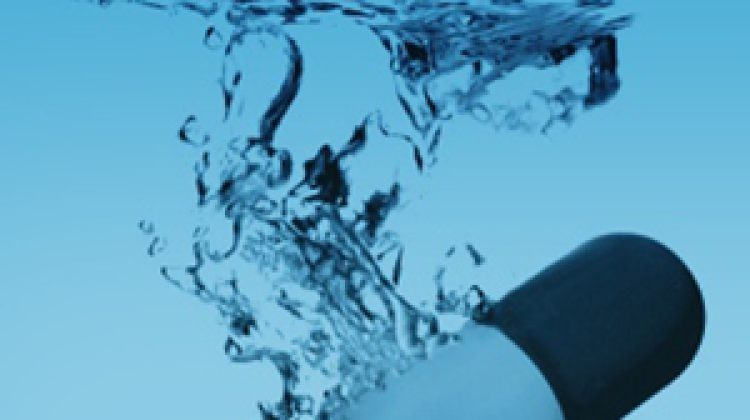
Water is required for production of all pharmaceutical products and can be the most expensive ingredient in some applications due to the large volumes required for production and cleaning. Water systems must be properly designed, implemented, and maintained to assure proper availability and water quality compliance.
The required GMP data for the water system must be available, accurate, and properly compiled for ease of review and understanding. Appropriate alert and action levels must be established with proper response to any excursions. Drawings and other qualification documents must be accurate and up to date.
New pharmacopoeia groups emerge with regularity and must be complied with if products are manufactured or shipped to the destination. The proper water quality must be used for manufacturing, cleaning and active ingredient manufacturing to comply with all pharmacopoeia groups involved with manufacturing or destinations.
The greatest challenge in water system design and implementation is compliance with multiple regulations that are often broad and open to interpretation. Water systems have to be reliable and available while meeting capital/operating cost constraints, space/access availability and utility limitations.
The Water Generation training course will instill your knowledge of the fundamentals of basic water chemistry and provide a better understanding of water quality requirements, and the difference between compendial, non-compendial, and laboratory water systems. All generation and sanitization unit processes are discussed in depth with regard to theory of operation and design. Regulatory requirements are covered to show true requirements versus myth and the sources of the regulations.
The Storage Delivery and Qualification of Pharmaceutical Waters training course provides you with detailed approaches to system design, maintenance and qualification to help in compliance and optimized operation. Various sanitization options are compared for efficacy, utility requirements and advantages/disadvantages. Risk based commissioning and qualification approaches are described with comparison to conventional methods.
To learn first-hand from Gary Zoccolante, register for the consecutive ISPE pharmaceutical water training courses in Boston in October:
The following blog post was provided by Peyton Myers, an undergraduate student at Appalachian State University. Myers attended the 2023 ISPE Annual Meeting & Expo in Las Vegas as an ISPE Foundation Professional Development Grant recipient.
The integration of data science in biopharmaceutical manufacturing, emphasizing data quality, tech transfer efficiency, and process optimization, is the heart of this track. Led by industry experts, discussions explore leveraging digital twins, predictive analytics, and continuous improvement initiatives. Additionally, interactive roundtable discussions provide attendees with a dynamic forum...
The pharmaceutical sector stands at a crossroads of immense possibilities. We are witnessing an unprecedented surge in innovation, fueled by a remarkable partnership between industry and regulatory authorities. For example, there are initiatives fostered by the US Food and Drug Administration (US FDA) to promote innovation with programs such as CATT (CBER Advanced Technologies Team) and ETP...